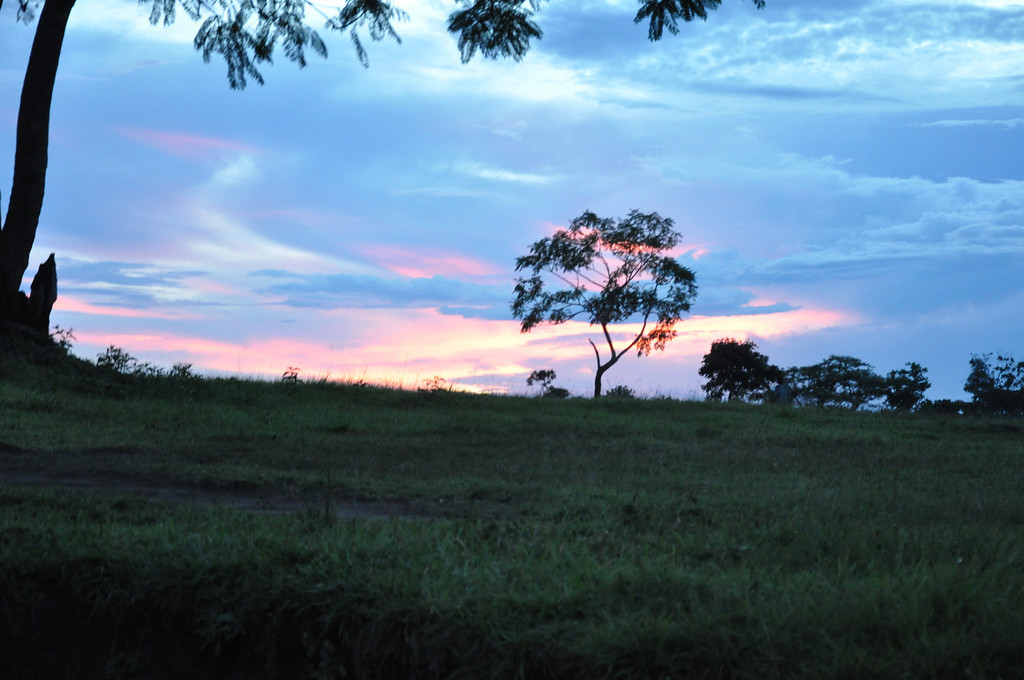Backround Information On Uganda and Bbanda

Bbanda is a village in the Mityana district of Uganda. The small village, fifty miles from Uganda’s capital, Kampala, is home to around 1,000 people. In Bbanda, and Mityana as a whole, the primary ethnic group is Baganda, and Luganda is the most prevalent language. In Uganda, over half the population is under fourteen years old, the youngest average population in the world. The average number of children in a family is six. The AIDS epidemic runs rampant in all of Uganda. Many children are left orphaned because of AIDS. There are five levels of government in Uganda, which are called Local Councils. The greater the number of the Local Council is, the larger the area they govern is. For example, Local Council 1 governs over small villages like Bbanda while Local Council 5 governs districts, like the entire Mityana District. The national government in Uganda is a constitutional monarchy, in which the king, or Kabaka, is a figurehead. Like many other African countries, Uganda has suffered from corrupt and unstable governments and leaders.
Uganda’s climate is tropical. There are generally two rainy seasons, and two dry seasons. The rainy seasons usually occur between March and April, and September and November. Over the past few years, however, the rainy seasons have been arriving much later. In fact, the rainy season in Uganda last year did not occur until after May 22nd. This is alarming to the villagers because, as the rainy seasons occur later, the growing seasons are shorter and less productive. Most of the residents of Bbanda farm and grow crops. Popular crops include potatoes beans, maize, coffee, bananas, and cassava. Often farmers also raise livestock, especially goats and chickens. Other popular occupations include fishing, charcoal production, and dealing in general merchandise, as well as teaching in the local schools. Each of the local schools is affiliated, for the most part, with a different religious group. Most children in Bbanda attend primary school because the Ugandan government pays for a primary education. However, many drop out because of family duties or the inability to pay, and only a small percentage continues on to secondary school.







